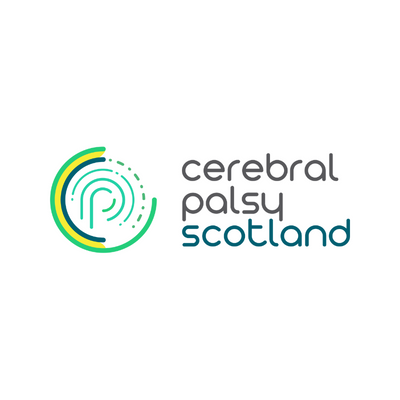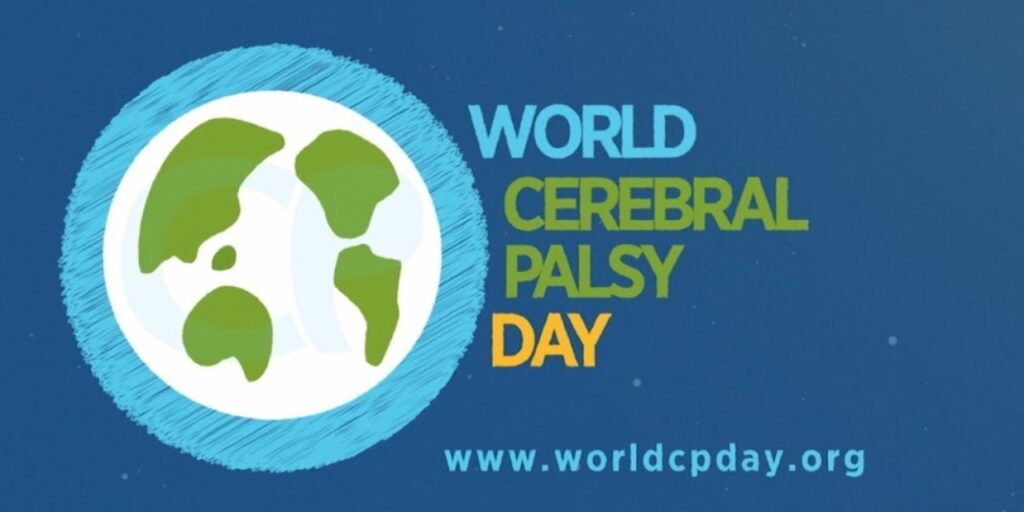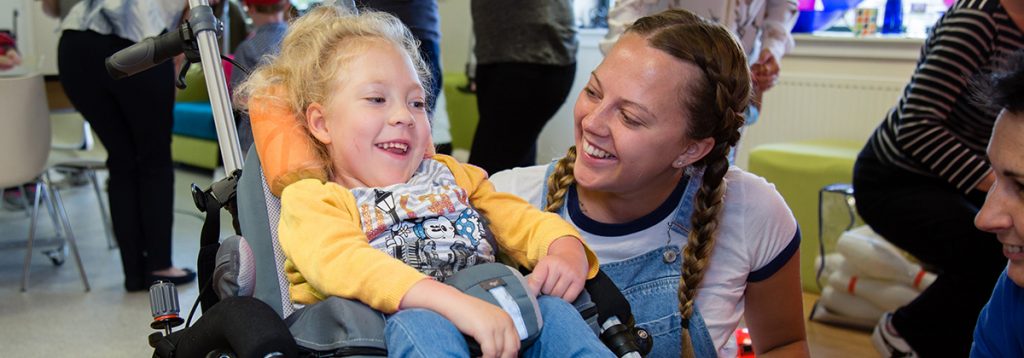The impact of Covid on people with CP
Cerebral Palsy Scotland has undertaken three surveys of the cerebral palsy community to better understand the impact restrictions have had on people with CP and their families.
These surveys, carried out in May and September 2020 and February 2021, show that Covid restrictions have had – and are continuing to have – a negative impact on the physical and mental health of people with cerebral palsy.
Key findings from the February 2021 survey showed:
- 60% of respondents said restrictions had had a negative impact on their mental health
- 43% of people reported that their physical health had deteriorated
- Decline in wellbeing was not restricted to the person with CP – 44% felt that it had also impacted on other people in the family
- 53% felt that their family has become more isolated
We have used these survey findings to support the CP community in two ways:
- To highlight and raise awareness of the impact of Covid restrictions on the CP population with the Scottish Government, NHS, University studies and umbrella bodies such as Neurological Alliance of Scotland and the Health and Social Care Alliance
- At Cerebral Palsy Scotland we have used the findings to guide us on how to adapt our services to better support people with cerebral palsy and their families during the Covid outbreak, as well as to help us secure additional funding during this crisis.
Full survey findings
February 2021 – Survey findings
Summary findings from the February 2021 survey
Read the full report – February 2021 survey findings
September 2020
Summary findings from the September 2020 survey
Read the full report – September 2020 survey findings
May 2020
World CP Day
Participating in World Cerebral Palsy Day
Cerebral Palsy Scotland is keen to learn and engage with other organisations nationally and internationally to share learning about care and support for people with cerebral palsy.
Every 6 October, we participate in World Cerebral Palsy Day.
Our main contribution to World CP Day is holding our annual Cerebral Palsy Scotland Conference and Exhibition.
In 2019, we also participated in the #GoGreen4CP initiative, an international campaign to light up buildings green to raise awareness of cerebral palsy. See News: Celebrating and raising awareness on World Cerebral Palsy Day.
National alliances
Cerebral Palsy Scotland contributes to a number of national alliances and networks.
All-Party Parliamentary Group on Cerebral Palsy
Cerebral Palsy Scotland’s CEO, Stephanie Fraser, sits as an officer on the APPG on Cerebral Palsy. The APPG on Cerebral Palsy recently published its first report, looking at the role of early intervention in children with CP.
National Advisory Committee for Neurological Conditions
In December 2019 we were involved in helping the Scottish Government produce the first national five-year plan for neurological conditions: Neurological Care and Support in Scotland: A Framework for Action 2020 – 2025. A detailed implementation plan is currently being worked on with early actions identified.
The implementation of the new Framework for Action 2020-2025 is being supported by the Scottish Government’s National Advisory Committee for Neurological Conditions. Currently, Cerebral Palsy Scotland’s CEO, Stephanie Fraser, is Chair of this committee.
The Neurological Alliance of Scotland
Cerebral Palsy Scotland is also an active member of The Neurological Alliance of Scotland. Our membership enables us to represent people with cerebral palsy’s concerns at a wider level and allows us to learn from the experience of other condition-specific organisations.
Health and Social Care Alliance Scotland (the ALLIANCE)
We are also a member of the Health and Social Care Alliance Scotland (the ALLIANCE). The ALLIANCE support Cerebral Palsy Scotland to ensure that people with CP are able to sit at the heart of design, delivery and improvement of support and services.
Scottish Parliament Cross Party Group on Disability
Cerebral Palsy Scotland attend the Scottish Parliament Cross Party Group on Disability. We engage with the Scottish Government Children and Families Directorate around the Getting it right for every child (GIRFEC) policy, and also feed into the Community Health and Social Care Directorate to support people with communication needs, particularly those who require Augmentative and Alternative Communication (AAC).
Counting people with CP
Asking the Scottish Government to count people with cerebral palsy
At present, statutory services across Scotland are not able to identify how many people with cerebral palsy use their services. Cerebral Palsy Scotland believes that, if statutory services do not count people with cerebral palsy then people with cerebral palsy are not counted and valued by service providers.
We are working to change this and to hold the Scottish Government to account so that we can support the development of systems and processes for service planning based on evidence of need.




